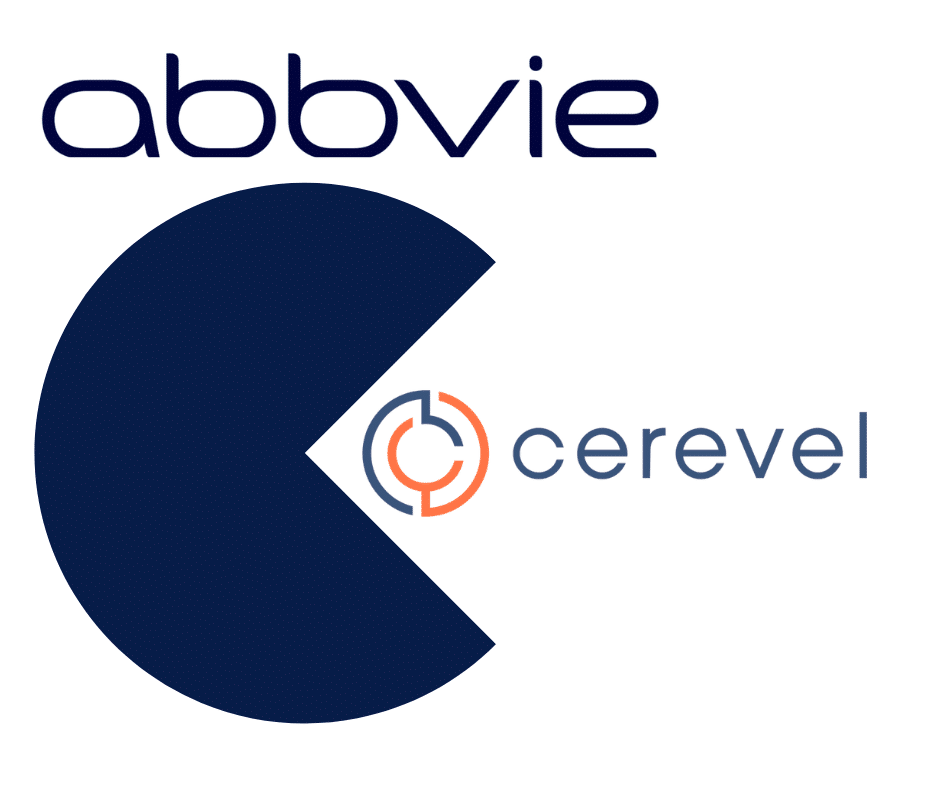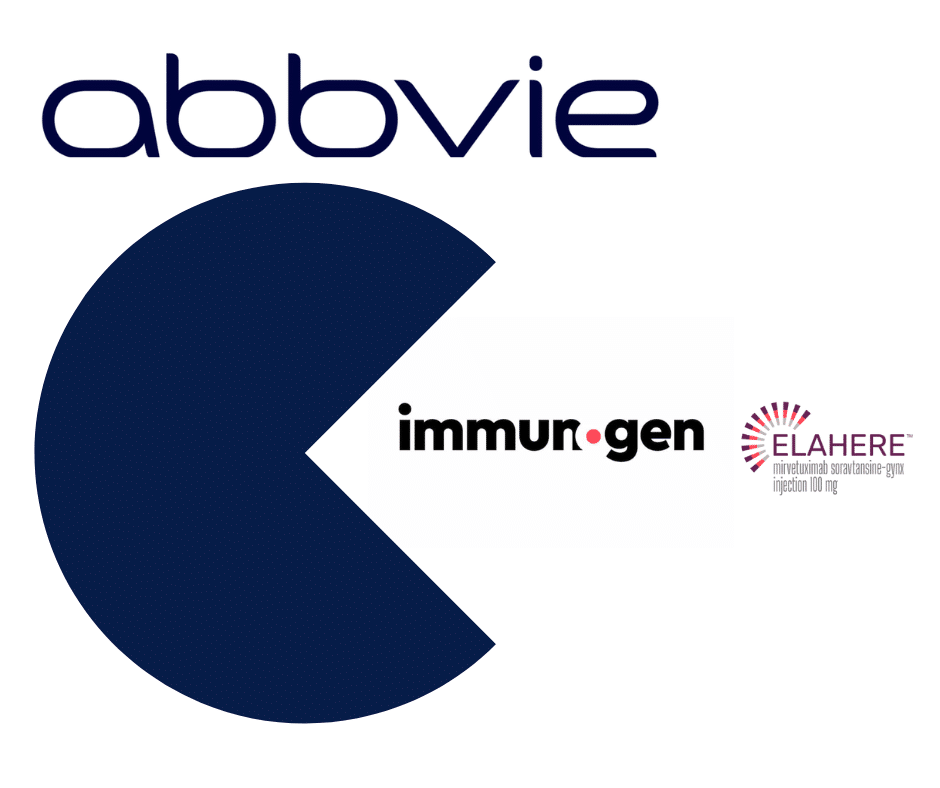In what has been a down year for mergers and acquisitions deals, Amgen made headlines late last year by announcing it will acquire Horizon for $28.3 billion in a cash offering. The Amgen merger is expected to close in the first half of 2023. An offer of $116.50 per share, the deal represents a premium of close to 50% over the share price of $78.76 when the merger was first announced on November 29th.
According to the Financial Times, the Amgen-Horizon merger “is the largest pharmaceutical transaction since AstraZeneca bought Alexion.” Nevertheless, analysts have mixed views on the merits of the deal. On the one hand, some analysts as well as Amgen Shareholders argue that Amgen has paid too much for the acquisition and Horizon’s portfolio represents too much of a risk.
On the other hand, other analysts as well as Amegen’s board posit that Horizon offers Amgen promising additions to its product portfolio and solid cash flow generation.
Amgen, in its announcement of the merger, argues Horizon’s products strengthen its existing portfolio of rare disease treatments; Amgen’s “global scale” and R&D capabilities can help grow Horizon’s portfolio; and the venture will generate “robust cashflow”, accelerate revenue growth, and increase efficiency for both companies.
With this post, I would like to discuss some aspects of the deal.
The Price
A lot of the opposition to the deal arises from the premium Amgen paid for Horizon. As mentioned above, Amgen paid a 47.9% premium of Horizon’s closing price on the day the deal was announced.
Ultimately, Amgen ended up paying a 19.7% premium to the share price. Here a decline in the premium occurred because during a merger the share price of the company being acquired rises while the acquiring company’s shares decline.
Amgen was one of four interested parties in acquiring Horizon. According to Fierce Pharma, Horizon “reached out to three parties –Amgen, Johnson and Johnson, and an unnamed outfit referred to [as] Company A.”
Like in comedy, timing is everything. With valuations declining by 28% this year, Amgen may have acquired Horizon at just the right time. PwC expects “M&A to rebound strongly across all subsectors in 2023.” With M&A activity returning, Horizon’s tag may have come at a much higher price.
Strategic Fit
Originally making a name for itself in kidney disease and cancer, according to Morningstar, Amgen has since gone on to build a diversified product portfolio including therapies for inflammation, bone, nephrology, cardiology, and immunology.
In its announcement of the deal, Amgen asserts that the acquisition will add “a complementary portfolio of medicines from Horizon that addresses the needs of patients suffering from rare diseases.”
Horizon, although sporting 12 approved medicines in its portfolio, primarily rides and dies on its Orphan (rare) disease division, with flagship product Tepezza leading the way. Tepezza, a treatment for Thyroid Eye Disease (TED), accounts for 54% of Horizon’s orphan disease segments’ sales according to Horizons’ quarterly report.
Amgen may greatly benefit from Horizon’s specialization in rare disease while Horizon may gain from Amgen’s product commercialization capabilities.
Tepezza
Tepezza is the star of the show for Horizon. However, a Tepezza understudy has started to shine brighter. Viridian Therapeutics, a Massachusetts biotech, caused a decline in the share price of Horizon when it announced that its treatment for TED, VRDN-001, will be priced lower than Tepezza.
Here, Amgen’s commercialization capabilities can come into fold. Tepezza has a higher price than VRDN-001 because of Horizon’s limited sales and marketing capabilities. Amgen, having launched multiple successful products, can lend its commercialization prowess to bolstering Tepezza’s sales.
Because Tepezza is the first FDA-approved treatment for TED, Horizon has a first mover advantage in this field. With Amgen’s commercialization capabilities, Horizon should greatly benefit from the merger in its pursuit to launch Tepezza in China and Japan.
Conclusion
Overall, determining the outcome of a merger or acquisition remains a difficult task. The impacts of the deal will take years to reveal themselves. Snowfish has analyzed the market landscape for countless opportunities over the years. To learn more about analyzing pipeline products, potential revenues, and existing barriers to entry please reach out to info@snowfish.net.
- Deal in Review: AbbVie Acquires Cerevel - March 20, 2024
- Deal in Review: AbbVie Acquires ImmunoGen - December 7, 2023
- The Competitive Landscape for Weight Loss Treatments - August 25, 2023




